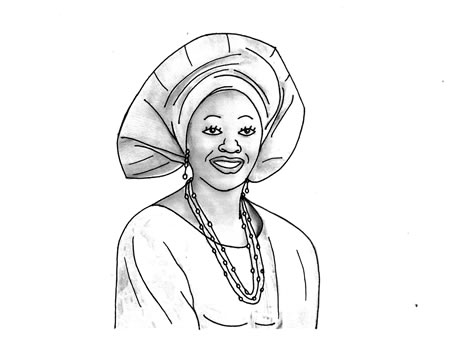It’s of utmost essence to state that at the United Nations Conference on Equality, Peace and Development held at Beijing between September 4 and 15, 1995, there was a declaration tagged the Beijing Declaration which made it mandatory, with its affirmative action, that women should occupy 35 per cent of public service positions in a cabinet. However, we can’t overstate that this action has not been obtainable in Nigeria after 25 years of its declaration. More importantly, it’s worthy to note that Nigeria was a signatory to the declaration.
In Nigeria, only seven women made the cut out of over 40 ministers reflecting a meagre 16 per cent inclusion of women in the cabinet. Even those appointed were given unpopular ministries to oversee. Looking at the disparity in matter of appointment, one needs to look further at the voting population in Nigeria.
Out of about 85million registered voters in Nigeria, 47.14 per cent are women which are a very considerable figure. Hence, there’s a need to re-examine the cause of this underrepresentation. According to a BBC report, 40 per cent of Nigerian women are entrepreneurs. This is not obtainable in anywhere around the world as Nigeria has the highest female business owners in the world.
Also, when you look at NGOs focused at social care initiatives, women are taking charge of its affairs than men. In the spirit of proffering solutions, there’s a need for the government to empower more women and leverage on their skills. The society should be institutionalised in a manner that it would be accommodative of the aspirations and goals of the women.
In doing this, the government needs to revitalise the public institutions to ensure that there’s proper implementation of gender equality agenda in all sectors. Also, there’s a need to have the National Orientation Agency work on creating awareness that the dreams of a woman is limitless and can be achieved when efforts are put in place. The roles of women are beyond Party Women Leader and Minister for Women Affairs.
Furthermore, there’s a need for transparency in the country. This would help prevent having people who lack quality ride on gender equality to take up roles and end up messing everywhere.
In conclusion, gender equality is not a war against men as they’re not two sets of opposing ideals. Gender equality is economic and sustainable development. Gender equality is good governance.
Abass Oyeyemi,
oyeyemiabass@yahoo.com






